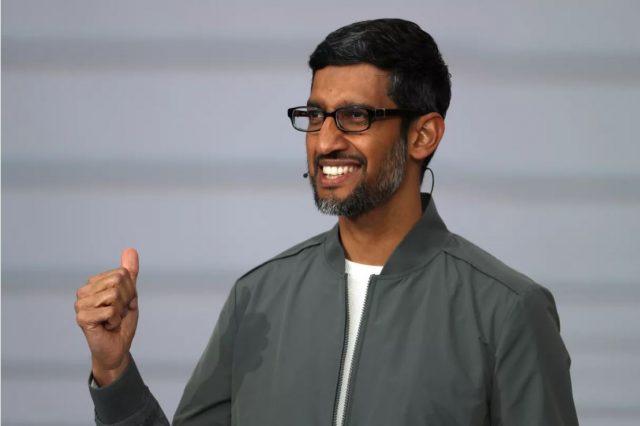One of Big Tech’s most ambitious commitments to environmental sustainability has been made by Google
Google has made the impressive announcement that they will be working and operating completely carbon-free by 2030. Further, they have made a big purchase of carbon onsets in an attempt to neutralise the emissions linked to heating our planet they’ve made since opening operations in 1998.
Since 2007, Google has become increasing carbon-neutral. The effort they are putting into this issue is helping to offset the emissions they produce by burning fossil fuels. To draw the carbon dioxide out of Earth’s atmosphere, Google is investing in initiatives and projects that support or actively renew energy.
However, they did not wean off of fossil fuels, despite their reliance on offsets. In 2018 alone, Google produced around 4.9 million metric tons of greenhouse gases. This is the equivalent of the emissions from more than 1 million passenger vehicles in an entire year.
“We are already feeling those impacts today from historic wildfires.”

Google’s headquarters are housed in California, which has been home to countless devastating wildfires in the past few years. The pledge to become carbon-free comes at a time where California chokes on smoke and burns from blazes once again.
CEO Sundar Pichai stated, “we have until 2030 to chart a sustainable cause for our planet or face the worst consequences of climate change…We are already feeling those impacts today from historic wildfires in the US to devastating flooding in many parts of the world.”
In a blog post, Pichai explained their carbon-free energy solution, stating that “this will mean every email you send through Gmail, every question you ask Google search, every YouTube video you watch, and every route you take using Google Maps, is supplied by clean energy every hour of every day.”
Google’s changes do not stop there, they will spread out into their internet usage as well as their employees’ travelling.
Increasing Google’s solar and wind agreement by 40 per cent, it was announced in September 2019 that they made “the biggest corporate purchase of renewable energy in history.” In 2016, Google became the biggest renewable energy corporate buyer in the world.
Despite their confidence, there will be some significant technological hurdles Google must overcome to achieve their goal by 2030. When they don’t have sunshine or wind, they will need bigger and better batteries that will store energy and supply it when needed. They have stated they are trying to use AI to forecast electrical demands of their company that become more efficient.
Companies, such as Google, are sometimes limited in their available power mix, and often are forced to rely on ones that include fossil fuels to operate. In order for the US and companies to better adjust to renewable energy, they need an updated energy grid. The effort these solutions will take could create an estimated 12,000 jobs by 2025.

Google hopes that its efforts to combat these significant issues could be an inspiration for other businesses and companies to follow suit.
To further combat the issues they face, Google is considering switching to nuclear energy. To many, due to its use of uranium and the creation of radioactive waste, nuclear energy is not renewable energy. However, many environmentalists support advanced nuclear energy as it does not generate dioxide emissions.
In relation to this issue, a Google spokesperson has explained that “we believe that all carbon-free technologies have a role to play in zero-carbon electricity systems and that, given the urgent challenge of de-carbonizing electricity systems as quickly as possible, no such technology should be taken off the table.”
More than 2000 of Google’s workforce demanded their attempt to go carbon-free by 2030, joining a global strike in September 2019.
So far, Google is the only Big Tech that is listening and committing to their employees’ demands to stop releasing greenhouse gas by 2030. Further, companies such as Amazon and Microsoft are not meeting additional demands to sever contracts with fossil fuel companies and to stop funding lobbyists and politicians that deny climate change.
In January 2020, Microsoft announced that their company would be working towards removing all their carbon pollution released into Earth’s atmosphere by 2050. This goal is a lot more difficult and long-term than Google’s announcement. However, Google can brag that their lifetime net carbon footprint is zero.



































